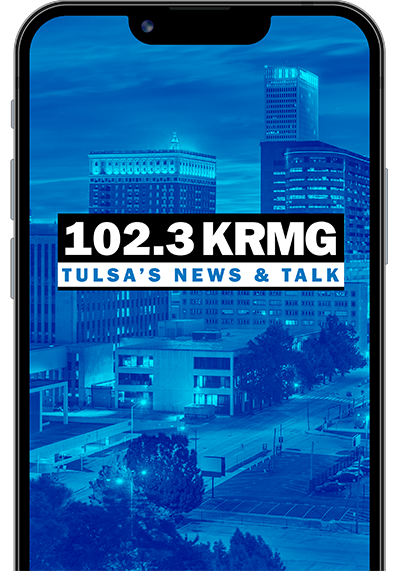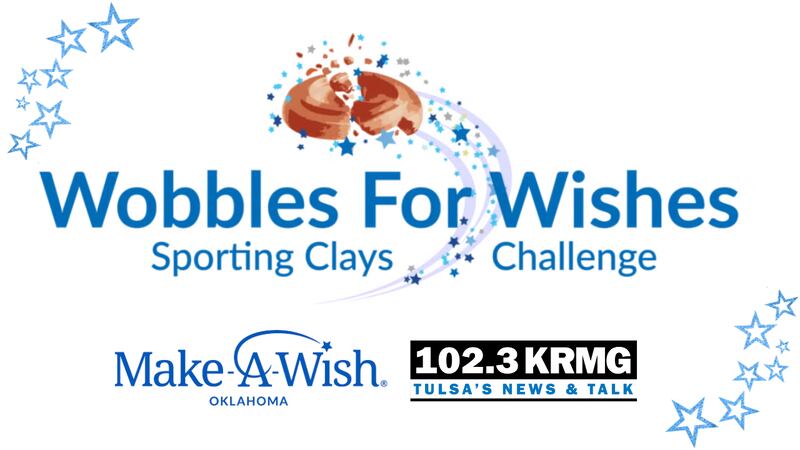Tulsa Mayor Monroe Nichols and the Tulsa City Council proclaimed Sept. 21, 2025, as “Opioid Awareness Day” in the city of Tulsa.
It coincides with the annual recognition of National Opioid Awareness Day.
The City of Tulsa said the goal is to raise awareness and reduce stigma about the impact of opioid misuse and substance use disorder in Tulsa.
“This proclamation reaffirms the City’s commitment to establishing a citywide system of mental and substance use supports to reverse the trends of opioid misuse in Tulsa,” Mayor Nichols said. “As we continue to look at ways to deploy opioid settlement funds, we are focusing on investing in evidence-based strategies that help reverse this troubling trend and assist our most vulnerable neighbors.”
According to the city, 913 Tulsa County residents died from unintentional drug overdoses between 2018 and 2022. Furthermore, the city says Tulsa County’s overdose death rate increased 45% compared to 2013 to 2017.
Men were 2.2 times more likely to die than women, the city added.
The Tulsa Fire Department’s Overdose Response Team, launched in April 2025, has distributed hundreds of naloxone kits, trained community members to recognize and reverse overdoses and connected residents to medications for opioid use disorder, treatment, and recovery supports, the city said.
“I’m grateful to our Fire Department Overdose Response Team for their essential role in addressing the opioid crisis through this best practice of mobile integrated healthcare for our community,” Council Vice Chair Karen Gilbert said. “In addition to saving the lives of Tulsans - who are someone’s parent, child, sibling or friend – this practice lower costs by preventing hospitalizations, releases other first responders back to service more quickly and is funded entirely through grants.”
The Tulsa Fire Department also has two Alternative Response Teams (ART-1 and ART-2) that provide de-escalation and wrap-around services through innovative first responder models. ART-2 recently expanded its operations to seven days a week to provide medical first response and harm reduction supplies in the Downtown area, assisting individuals and people experiencing homelessness with navigating community resources.
Other opioid funds are also being used to mitigate and abate the opioid crisis among Tulsa’s homeless population. Under the launch of the City’s Safe Move Tulsa Initiative, opioid settlement dollars are providing Tulsa’s homeless population with support services to treat, aid in recovery, or support those most at-risk for developing an opioid use disorder or co-occurring substance and mental health disorder through permanent rehousing support.









